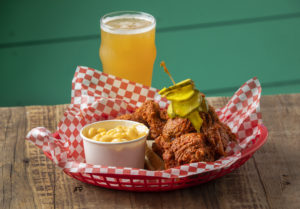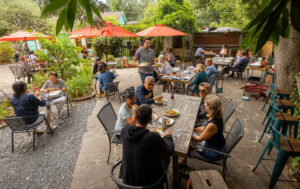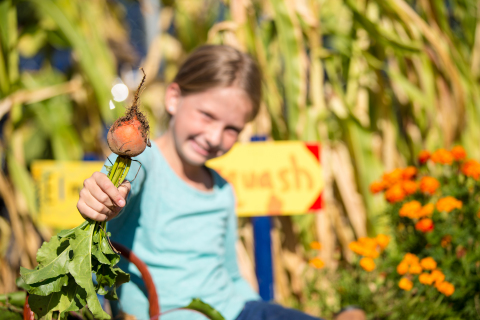
Fast-casual restaurant chain Chipotle Mexican Grill has announced a partnership with Slow Food USA to support or maintain 100 school gardens across the country.
At first blush, it may seem a bit confusing — fast food and slow food in the same breath? But Chipotle, with some 1,700 locations nationwide, has made its mission to use local and sustainably sourced products and “classic cooking methods” (ie: not relying entirely on microwaves). Call it fast food with a conscience.
The new partnership gives Slow Foods USA’s National School Garden Program a $500,000 boost, launching new educational gardens in ten metro areas around the country (none in the Bay Area, however). Slow Foods USA is part of an international grassroots network that promotes healthy dining, sustainable farming, rescuing “endangered” local fruits and veggies and “linking the pleasures of the table with a commitment to community and the environment.”
It’s also a brilliant PR move for both the parties.
Slow Food USA has historically struggled to reach a mass audience, focusing instead on local organizers and bootstrap ideals. Chipotle (which has been criticized in the past by Slow Food USA) has worked hard to get its message of slow-fast food to a nation of McDonald’s eaters.
Whatever the motives, the end result is hopefully better nutrition, engagement with food systems and support for struggling school gardens. Win-win.










